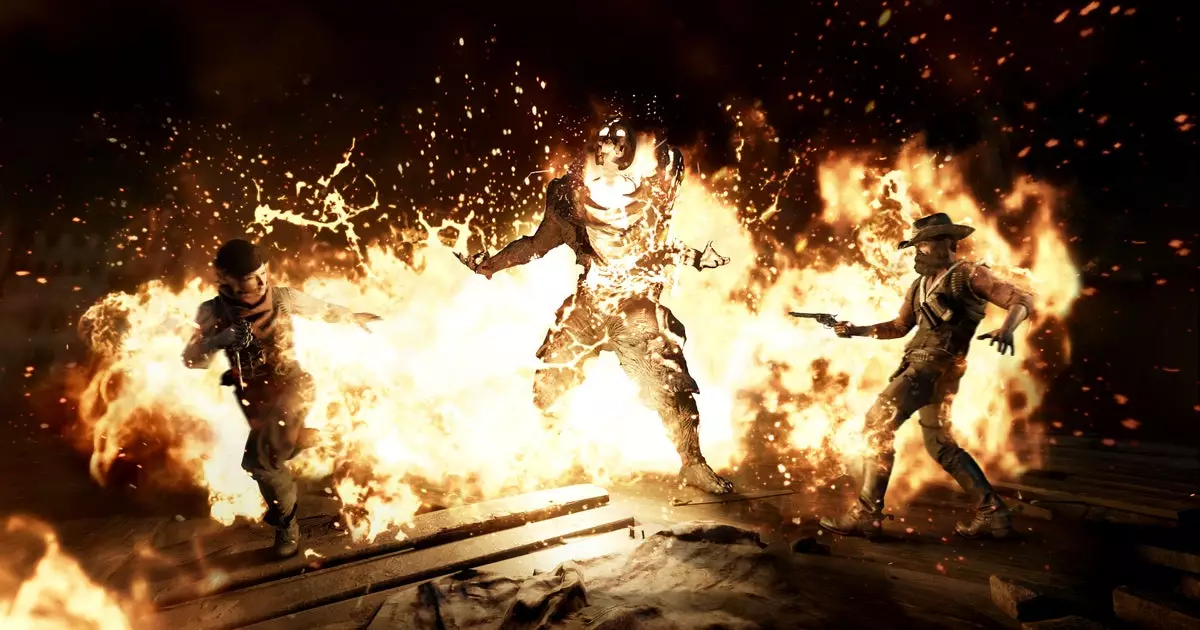The gaming industry is often lauded for its innovation and creativity, but beneath the surface lies a complex web of financial dynamics that can significantly impact even the most established companies. A recent announcement from Crytek, known for titles such as Hunt: Showdown and the Crysis series, exemplifies these challenges, highlighting how market pressures can lead to significant workforce reductions.
Crytek has made the difficult decision to lay off approximately 15 percent of its workforce, equating to around 60 staff members out of a total of 400. This news comes amidst ongoing challenges that the company has faced over the past few years, which they categorized as “complex, unfavourable market dynamics.” Such a description, while vague, points to the tumultuous environment many gaming companies have been experiencing, marked by shifts in consumer preferences, technological advancements, and economic pressures.
Layoffs in the gaming industry are not uncommon, and when they occur, they often cast a shadow over existing projects. Notably, Crytek had previously paused development of Crysis 4, an anticipated sequel that has garnered attention since its announcement in 2022. This hiatus has now transformed into reallocating developers to focus on the ongoing live service reboot of Hunt: Showdown, titled Hunt: Showdown 1896, signaling a shift towards immediate revenue generation rather than long-term project development.
Crytek’s statement highlights the need for financial sustainability as a primary motivation behind the layoffs. The company acknowledges the tough choices required to maintain operations in a shifting market landscape. Despite their attempts to reduce costs and streamline operations, the reality is that some measures are inevitable. This revelation is not only a practical necessity but also a sobering reminder of the risks ingrained within the gaming sector.
The pressures that prompted Crytek’s layoffs raise questions about the current health of the gaming industry. Companies might be struggling to balance ambitious projects with economic realities, particularly in a post-pandemic world where consumer behavior is rapidly evolving. The question remains as to whether many gaming firms, including Crytek, may have overextended their ambitions based on the optimistic predictions that followed the COVID-19 pandemic.
The phrase “complex, unfavourable market dynamics” deserves a closer examination. Such market fluctuations can stem from various factors, including rising interest rates, increased cost of living, and an oversaturation of the market with titles vying for gamers’ attention. Companies that expanded too hastily in hopes of a burgeoning post-lockdown gaming market are now facing the consequences.
It’s also worth considering the performance metrics of individual titles like Hunt: Showdown. While there was a notable spike in concurrent players—reaching about 60,000 during the release of the 1896 update—consistent player engagement and revenue generation remain at the forefront of financial sustainability. Despite being operational, Hunt: Showdown may not be delivering the explosive success required to justify ongoing large-scale development efforts.
Furthermore, the CryEngine business that Crytek operates, which has been a staple in the industry since the early 2000s, must also navigate the same market challenges. While the engine has powered successful titles, its significance may diminish as competition from newer engines grows, leading to uncertain revenue streams for Crytek.
As with many gaming companies facing similar dilemmas, the future of Crytek is shrouded in uncertainty. The layoffs, while a painful and necessary step for the company, indicate a need for a recalibration of strategies moving forward. The implications of these changes extend beyond just Crytek’s immediate workforce; they speak to broader industry trends that necessitate adaptability and resilience.
Despite the challenges, there is a shared hope for the affected employees as Crytek has promised severance packages and career assistance. In the face of adversity, the gaming community must rally to support those impacted by these shifts. The lessons learned from Crytek’s experience serve as a cautionary tale for the industry at large, illustrating how the complex interplay of market dynamics can shape the landscape for both established and emerging players.


Leave a Reply